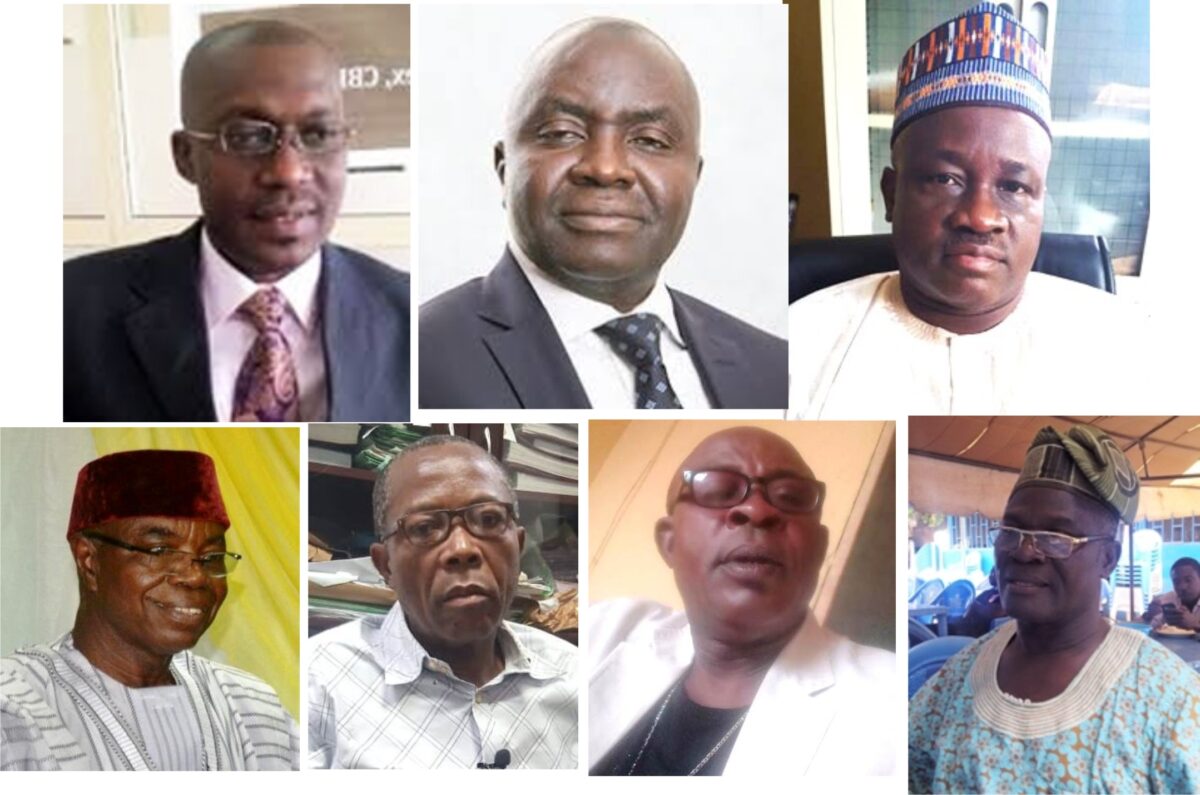
Dr. Segun Ajayi (Director General, MAN)
Nigeria has set up strategies to facilitate the implementation and it is already working. The National Action Committee of AfCFTA in Nigeria is already implementing. The implementation doesn’t mean that people have started to export using the agreement. This is because some of the protocols are yet to be completed particularly the rule of origin which should be the vehicle that will facilitate the market access of the product that are traded within the country. Practical trading is yet to fully-commence and the AfCFTA secretariat is working very hard on it as Nigeria is sensitizing its people participating in the negotiations to conclude the protocols.
Muda Yusuf (Chief Executive Officer, CPPE)
We still have some issues of inadequate information and sensitization. Many SMEs still don’t have much information about the AfCFTA. There are also challenges around connectivity within the continent. That is, the ability to connect either by sea, road or air. Trade is essentially about how easily you can connect. We also have challenges in our ports. Our ports are not the easiest place to do business. We have general infrastructure challenges which could be a challenge for competitiveness under the AfCFTA.
Aloga Ogbogo (NARTO Chieftain)
The non-implementation of that policy is not strange to me. We all know that implementation of every policy in Nigeria is always a problem, due to the enabling environment, legal framework and available infrastructure. I don’t think these factors are in place. The signing of the document does not implement itself. Basically, these variables are to be in place for the functionality of the AfCFTA.
Mr John Aluya (Vice President, MAN)
To me, this AfCFTA thing was rushed into. The European Union took about 30 years to come alive and we want to do our African Continental Free Trade Area agreement under two years. How possible is that? The European Union took that long period of time because they wanted to dot the ‘i’ and cross the ‘t’. We didn’t do that. So naturally we are likely to have some hiccups and that is what we are having at the moment. It will take us time, but we straightening it out. Some of the protocols are so many. This rule of origin is a contentious issue. It is not a thing that should be rushed, it has to be discussed.
Bert Okeke (Freight Forwarder)
Nigeria has ratified it. It is just the implementation that is still being worked out. It has to be implemented because Nigeria is the largest economy in Africa. If it is done, it shows that we are leading in economic thought. If we go by the letters of the agreement, we can now have a free inflow of our export items into African countries without tariffs being charged on them. That means, no inflow of Forex for our exporters and manufacturers and of course into the economy. It is necessary we go-ahead to implement the agreement.
Alex Nwokedi (AREFFN Chairman, Committee of Customs)
This agreement was done several years ago and a lot of member states have keyed-in by setting up operational modalities that will ensure that their membership is successful, but in Nigeria’s case, it kept on dragging because the leadership of country have been faulty. The Nigerian system has no infrastructure to take care of these things. The Minister of Transportation is not aligning with the Minister of Trade and Investment for the take-off of AfCFTA. They need to work together. We should also look into the automation of all our processes to achieve effective trade facilitation. Other countries are prepared for this, but Nigeria is not prepared or ready yet.
Chief Oluremi Ogungbemi (AMATO Chairman)
No, I don’t know about it yet. I think this concerns the importer and exporters more but ours is just to carry the goods. The documentation aspect of it as regards the policy is what I believe you are talking about. I think it is a policy between Nigeria and neighboring countries. So I am not in the picture yet.
Kindly like us on Facebook/twitter














